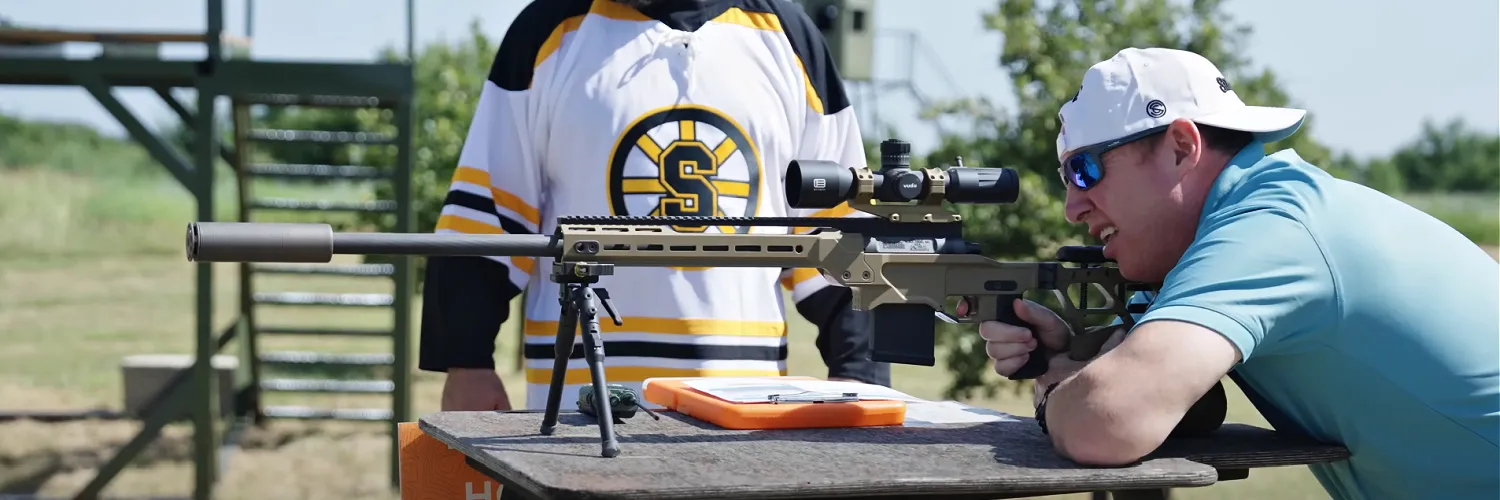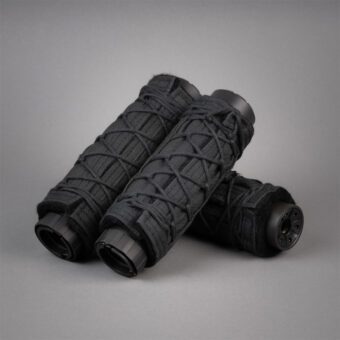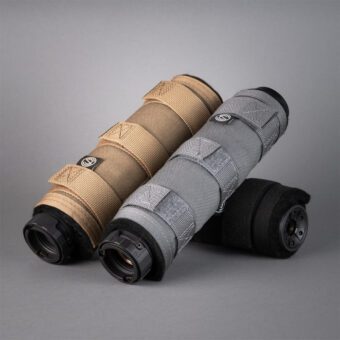Ohio Suppressor Laws: What You Need to Know
William Lawson
Suppressor ownership is on the rise across the country, and 42 states allow their citizens to purchase, own and operate suppressors. Ohio is one of those states, and among the easiest places to exercise that right. That said, the Buckeye State follows federal law, which carries certain restrictions and mandates with which suppressor owners must comply.
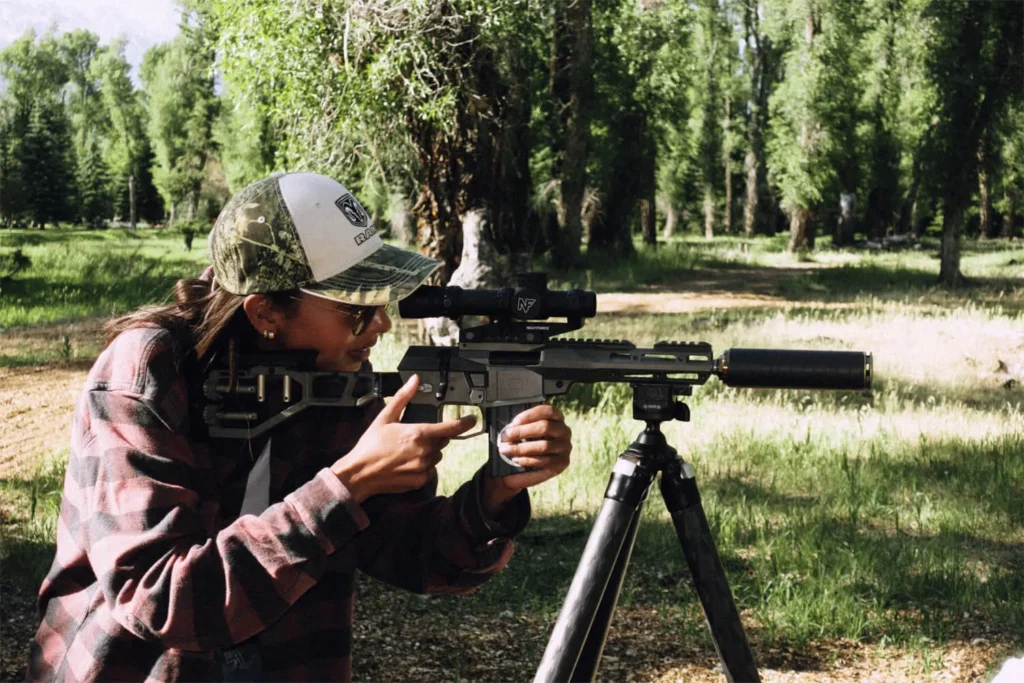
Are Suppressors Legal in Ohio?
Yes, suppressors are legal in Ohio, provided you comply with both state and federal laws.
As one of the most suppressor-friendly states, Ohio doesn’t impose a bunch of unnecessary state-level requirements intended to trip you up. Follow federal law, know which activities allow suppressor use, and you’re good to go.
What Can You Do With a Suppressor in Ohio?
Suppressors are legal for target shooting, home defense, and hunting. The only requirement is that the user legally possess the suppressor under both federal and state laws.
For hunting, the Ohio Revised Code Section 1533.04 reads:
A person who holds a valid hunting license issued under this chapter and hunts game birds or wild quadrupeds may use a suppressor attached to a gun that is authorized to be used for hunting.
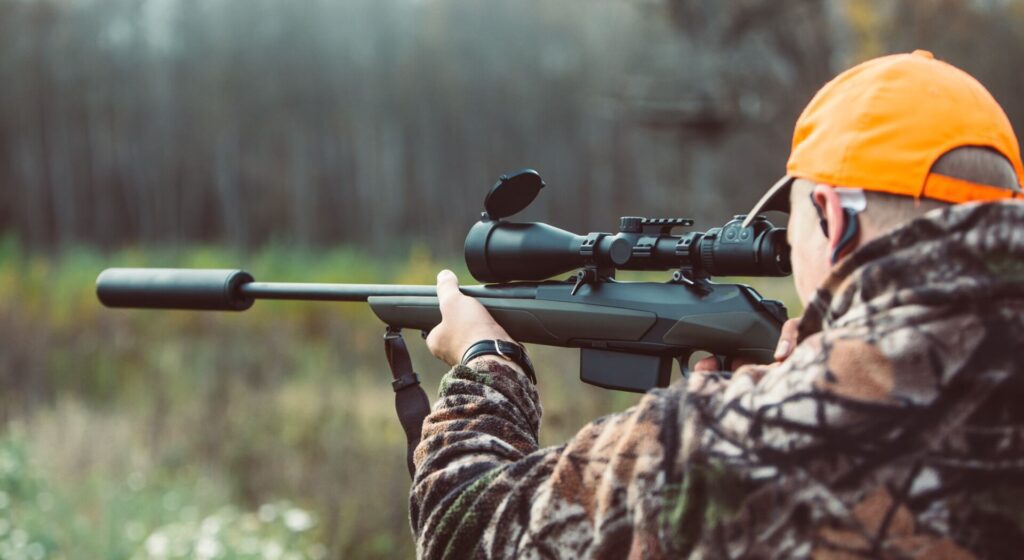
What You Can’t Do With a Suppressor in Ohio
Ohio law can add a mandatory six or nine-year prison sentence to any crime committed while using a suppressor. But we’ll leave it at that since we’re not writing for criminals.
Can You Conceal Carry a Suppressor in Ohio?
You should know that Ohio concealed carry laws do not permit suppressors. Ohio Revised Code Section 2923.12(A) addresses concealed carry and specifically prohibits “dangerous ordnance,” under which “any firearm muffler or suppressor” falls.
The Ohio Revised Code Section 2923.11 is helpful here, as it lists all weapon definitions recognized under Ohio law, including “dangerous ordnance.”
That designation as “dangerous ordnance” has been under review by Ohio lawmakers. In fact, a recent legislative analysis of Senate Bill 214 summarizes the key points:
- Allows a person to acquire, have, carry, or use a firearm muffler or suppressor.
- Removes firearm mufflers or suppressors from the classification of dangerous ordnance.
- Provides that under Ohio law, an owner of a firearm muffler or suppressor is no longer required to register the firearm muffler or suppressor in the National Firearms Registration and Transfer Record.
— Ohio Legislative Service Commission
While the bill has not yet been enacted as of August 2025, it highlights Ohio’s shifting stance toward making suppressor ownership and use more accessible, particularly in terms of how the state categorizes them under the law.
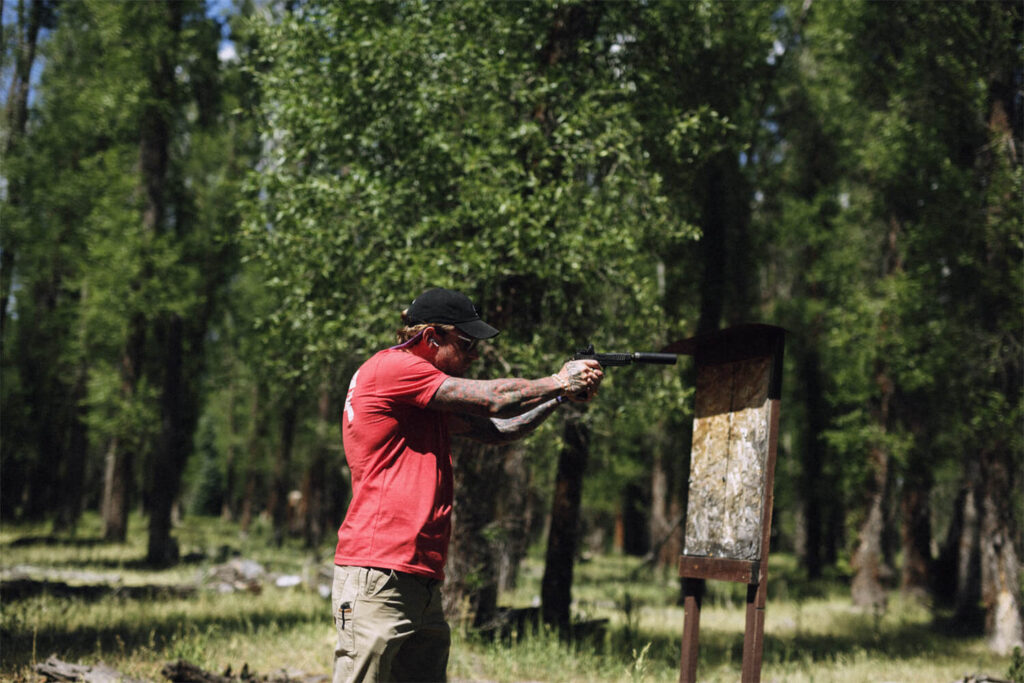
Federal Requirements for Owning a Suppressor
Suppressors are designated as Class 3 Firearms by the Bureau of Alcohol, Tobacco, Firearms, and Explosives (ATF). As such, they are regulated under the National Firearms Act of 1934 (NFA), requiring certain procedures to obtain one legally. The basic requirements are as follows:
- You must be at least 21 years of age
- You must be a resident of the United States
- You must be legally eligible to purchase and own a firearm in the U.S.
- You must be able to pass an ATF background check
- You must pay a $200 tax to the ATF for each suppressor purchased (this requirement will change on January 1, 2026. See below)
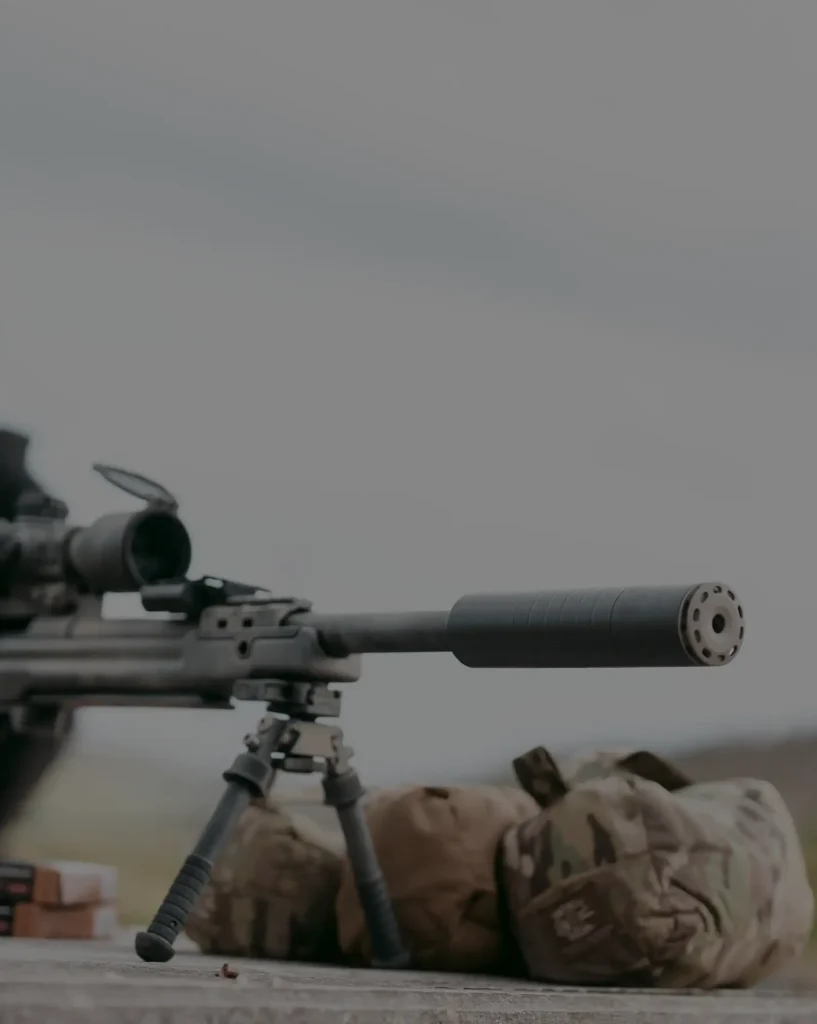
How to Buy a Suppressor in Ohio
Ohio’s requirements are exactly the same as federal ones, with one addition: you must be a resident of Ohio. That’s it. So if you meet all those, what next?
First things first. Go shopping. You can shop online or visit a Class 3 firearms dealer who can walk you through the process. If you’re brand new to suppressors, the second option might be best. Suppressors require extra steps and aren’t cheap, so it pays to make an informed decision.
Dealers can also assist with the additional steps, including filling out an ATF Form 4, submitting your fingerprints, passport-style photo, and paying the $200 tax stamp.
The Form 4 includes:
- Personal information
- Suppressor details
- Two fingerprint cards
- Two passport-style photos
- $200 tax payment
You can fill out a paper Form 4, but the electronic Form 4 has significantly sped up the process. What used to take a full year can now be done in mere days.
You’re also required to submit a copy of your completed Form 4 to your Chief Law Enforcement Officer (CLEO)—usually your local police chief or sheriff. The CLEO doesn’t need to sign off or respond; you just need to provide the copy.
Many dealers use electronic kiosks to capture your fingerprints and photos. Others may require a third-party service. Finding a kiosk ahead of time can save you trouble if there’s one nearby.
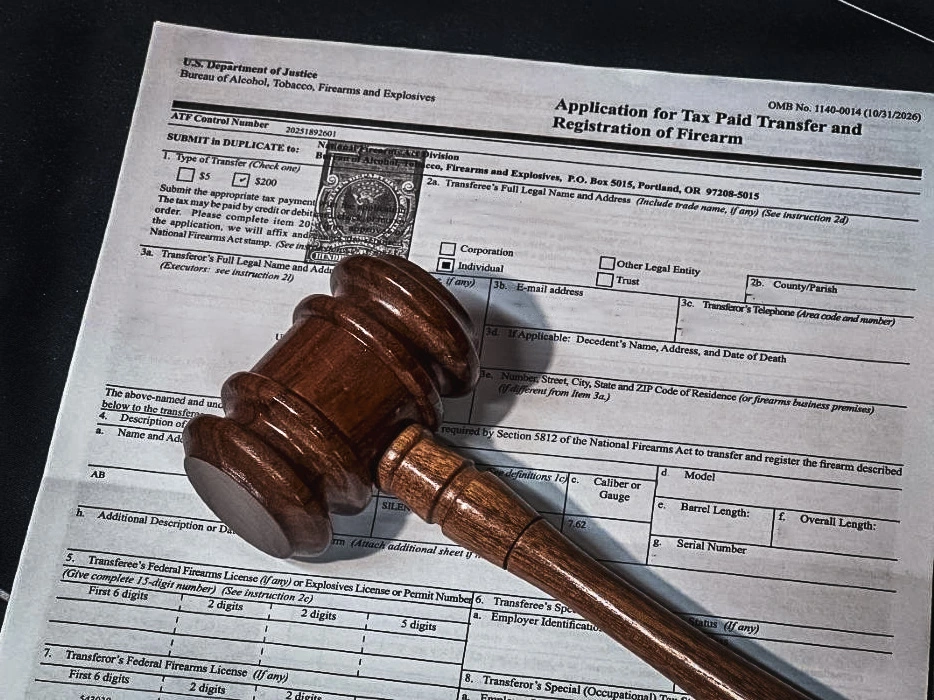
Should You Use an NFA Trust in Ohio?
You also have the option to create an NFA Trust, which becomes the legal owner of the suppressor. Trusts offer certain legal advantages, especially when it comes to passing suppressors on to your children or other trustees.
A Class 3 dealer can help set this up. If you create a trust, you’ll also need to notify your CLEO by submitting ATF Form 5320.23, and include your trust documents with your Form 4.
Picking Up Your Suppressor: What Happens Next?
Once your approval comes back, you pick up your new suppressor and you’re good to go, right? Yes, but there’s a little more to it. The dealer will give you a tax stamp with your suppressor, which proves you paid the tax and own the suppressor legally.
It’s a good idea to keep a copy of your tax stamp with your suppressor. Store the original in your gun safe, but carrying a copy in your range bag or hunting pack, or even a digital copy on your phone, could save you some trouble if anyone questions your suppressor’s legality. You shouldn’t have to do that, but overzealous range safety officers and game wardens do exist.
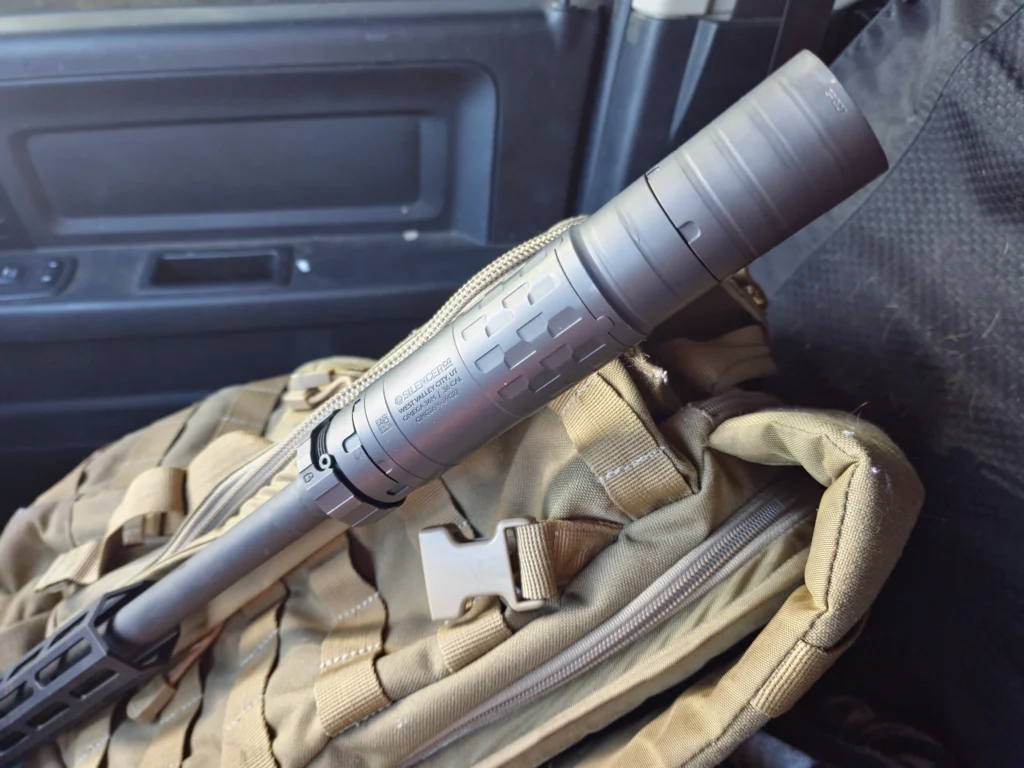
Upcoming Changes to Suppressor Laws in 2026
The Hearing Protection Act (HPA)—or at least part of it—was recently passed by Congress and signed into law. The new rules remove the $200 tax stamp requirement starting January 1, 2026. However, the Form 4 process and background checks will still apply.
Final Thoughts on Suppressor Ownership in Ohio
There’s really no reason not to own a suppressor in Ohio. The state makes it as easy as possible beyond federal requirements. Suppressors are readily available and more popular than ever, with quality options everywhere you look.
Suppressors benefit not only the owner, but also fellow shooters, hunters, and the public at large.

Ohio Suppressor Laws: Frequently Asked Questions
Suppressor laws can feel complicated—especially when federal and state rules overlap. Here are answers to some of the most common questions about owning and using a suppressor in Ohio.
Are suppressors legal in Ohio in 2025?
Yes. Suppressors are legal to own and use in Ohio in 2025, as long as you comply with all current federal and state regulations. You must complete the ATF Form 4 process, pass a background check, and pay the $200 tax stamp. Ohio does not add extra state-level barriers.
Can you hunt with a suppressor in Ohio?
Yes. Suppressors are legal for hunting in Ohio. As long as you hold a valid hunting license and are using a firearm that’s authorized for hunting, you may use a suppressor while pursuing game birds or wild quadrupeds, as allowed under Ohio Revised Code Section 1533.04.
Do I need a tax stamp for a suppressor in Ohio?
Yes—for now. Until January 1, 2026, each suppressor you purchase must have a $200 tax stamp issued by the ATF as part of the Form 4 approval process. That requirement will be removed when the new Hearing Protection Act rules go into effect.
What does the Hearing Protection Act change in Ohio?
The Hearing Protection Act eliminates the $200 tax stamp requirement for suppressors starting January 1, 2026. However, all other requirements—including the ATF Form 4 process and background check—will still apply. Until then, existing rules remain in place.
Can I carry a suppressor with a concealed carry permit in Ohio?
No. Ohio law prohibits carrying a suppressor under a concealed carry permit. Suppressors are classified as “dangerous ordnance” under Ohio Revised Code, and are not permitted for concealed carry—even if you are otherwise licensed.



